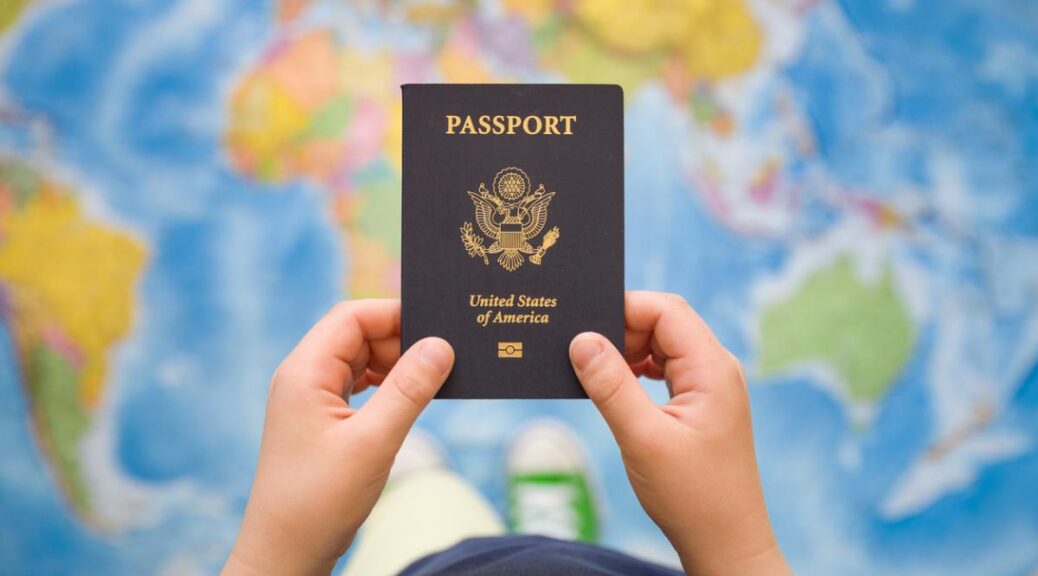Child support is a critical aspect of Family Law. Thousands of military personnel and their families reside in California, so it is essential to understand how child support orders affect service members and their families in the state. Certified Family Law Specialist Judy L. Burger addresses some of the most common questions concerning child support and military personnel.
Child Support and the Military FAQ
Every situation is different, so you need to consult with Family Law Attorney Judy Burger when questions or issues arise about child support and service members. Here are some basics to know about child support and military personnel.
- How is child support calculated for military personnel?
In California, child support is calculated based on several factors, including each parent’s income, time spent with the child, and other expenses. However, there are additional considerations for service members, including allowances and special pay, like Basic Allowance for Housing (BAH), hazardous duty pay, sea pay, and more. Although some of these forms of pay are non-taxable, California law includes them all when calculating child support.
- Can military personnel be ordered to pay child support even if they are stationed overseas?
Yes. The Servicemembers Civil Relief Act (SCRA) protects active-duty military personnel from legal action, including child support proceedings, while on active duty. However, this protection does not apply to service members who are not on active duty or who are in arrears in their child support payments.
- Can military personnel be held in contempt of court for failure to pay child support?
Yes. Failure to pay child support can result in serious consequences, including fines, imprisonment, and loss of security clearance. It is essential to keep up with child support payments, even if stationed overseas or on active duty.
- Can military personnel modify child support orders?
Yes, military personnel can modify support orders based on a change in circumstances, such as a change in income or a change in the custody arrangement. However, it is essential to follow the proper legal procedures for modifying support orders to avoid potential legal consequences. The Family Court generally grants expedited hearings for service members who receive deployment orders and need to address child support or custody order modifications.
- What happens to child support payments if service members are deployed or transferred?
If soldiers, sailors, airmen, or marines are deployed or transferred, child support payments must continue to be made. However, there are legal provisions that allow for modifications to child support orders in these circumstances. It is crucial to contact experienced Family Law Attorney Judy Burger to help you navigate the legal process.
Get Help from a California Child Support Lawyer
Child support can be a complicated issue, especially for military families. It is essential to understand the legal requirements and protections afforded to military personnel. California Family Code §3047 provides guidance for many issues that can arise when a military service member faces mobilization, deployment, or a temporary assignment that takes them outside the state or country and causes complications with following court-ordered support or custody agreements.
Attorney Judy Burger can provide guidance and support to ensure that child support obligations are met and that the best interests of the child are protected. Child custody and support issues are already challenging, and the pressure of unexpected changes due to military service adds even more complexity. Get the help you need in California from The Law Offices of Judy L. Burger. We have eight offices to serve you.











